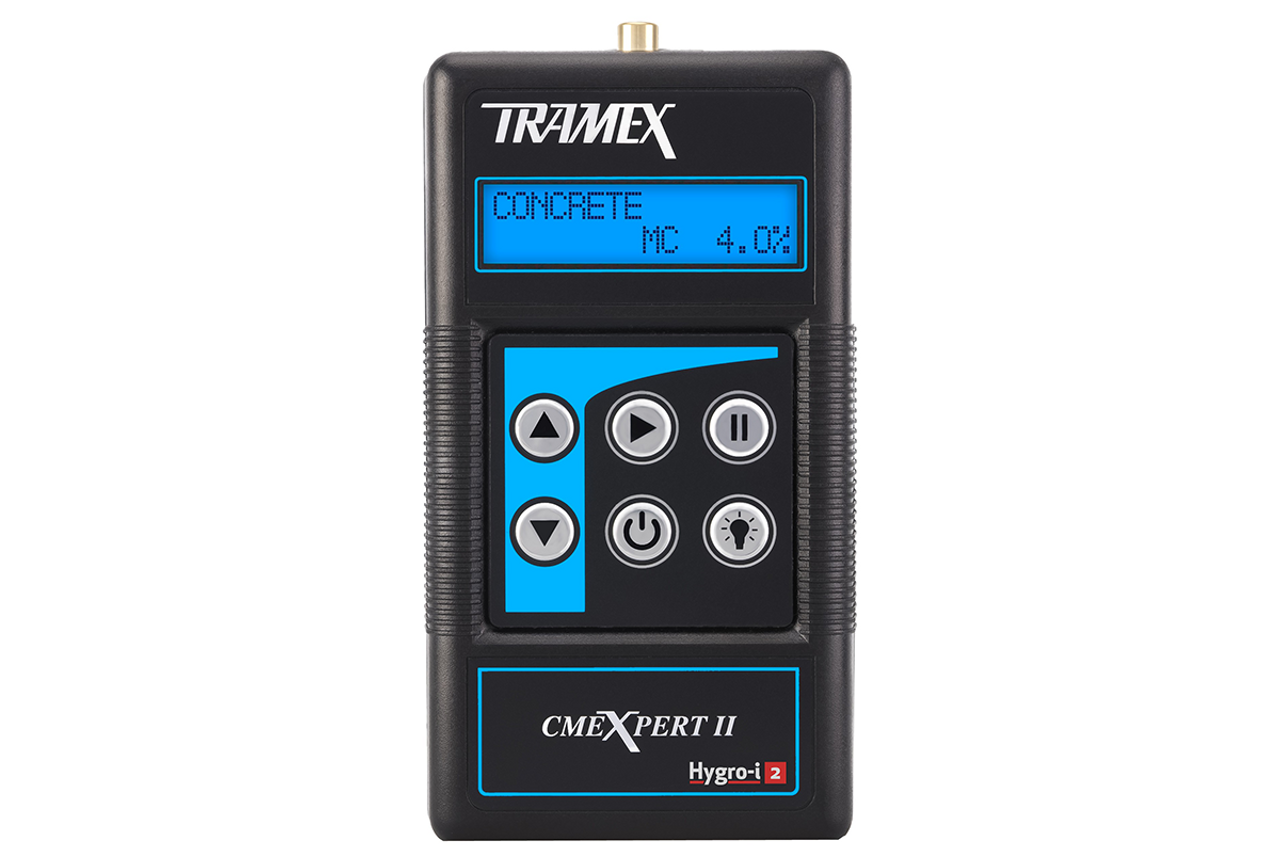The Ultimate Overview to Wetness Meters: A Comprehensive Introduction and Exactly How They Can Conserve You Money
Dampness meters serve as indispensable tools in identifying and keeping track of moisture content in products, assisting in protecting against expensive problems and making certain the quality of products. Understanding the subtleties of different types of dampness meters, their applications, and the possible cost-saving advantages they use can be a game-changer for businesses and experts alike.
Sorts Of Dampness Meters
Numerous types of wetness meters are available for different applications in different markets. One common kind is the pin-type dampness meter, which gauges the electrical resistance in between 2 pins placed into a product. This kind appropriates for timber, drywall, and other structure products. Pinless wetness meters, on the various other hand, use electro-magnetic sensing unit plates to scan a larger area without causing damages to the product's surface area. Moisture Meter. These meters are optimal for swiftly assessing dampness levels in huge areas such as floors and wall surfaces.

Infrared moisture meters determine the thermal homes of a product to establish its dampness content non-invasively, making them useful for applications where pin or pinless meters might not be suitable. Understanding the various types of moisture meters readily available can assist markets choose the most ideal tool for their details moisture measurement requirements.

Advantages of Utilizing Dampness Meters
Moisture meters use invaluable benefits in precisely checking and evaluating moisture levels in diverse products and atmospheres (Moisture Meter). One of the primary benefits of utilizing moisture meters is the avoidance of prospective damages triggered by excess moisture. By finding and resolving high wetness degrees early, wetness meters aid to avoid mold growth, rot, and architectural damages in buildings, saving both money and time on repair work. Additionally, wetness meters help in ensuring the high quality of products throughout construction or production processes. By accurately determining dampness web content, these devices aid preserve the honesty of wood, drywall, concrete, and various other materials, minimizing the danger of issues or failings.
Moreover, making use of dampness meters can lead to increased power efficiency. In farming setups, dampness meters play a critical duty in optimizing plant yields by allowing farmers to monitor dirt wetness levels and make educated irrigation decisions.
How to Choose the Right Dampness Meter
Choosing the ideal dampness meter includes taking into consideration key factors such as material compatibility, dimension array, and calibration accuracy. When picking a moisture meter, her latest blog it's vital to make certain that the meter appropriates for the particular product you will certainly be screening. Various products have varying electrical residential properties that can influence wetness analyses, so choosing a meter designed for your material is critical for accurate outcomes. Furthermore, take into consideration the dimension variety of the moisture meter. Make sure that the meter can identify moisture levels within the range needed for your applications. Calibration precision is one more critical factor to keep in mind. Choose a wetness meter with trusted calibration to make certain constant and specific readings. Some meters might call for periodic calibration adjustments, so comprehending the calibration procedure is essential. By meticulously examining these variables, you can pick a wetness meter that fulfills your needs and offers accurate dampness measurements for your tasks.
Appropriate Strategies for Dampness Meter Usage

Expense Cost Savings With Wetness Meter Applications
Just how can the tactical usage of moisture meters lead to substantial expense financial savings across various sectors? In the agriculture sector, moisture meters aid in identifying the ideal time for harvesting plants, avoiding over-drying or excess wetness that can impact the final item's high quality.
Likewise, in building, moisture meters aid stop costly damages by detecting dampness degrees in building products, such as wood or concrete, which can result in structural problems if not resolved promptly. By determining trouble locations beforehand, contractors can take rehabilitative steps to stay clear of extensive repair work or replacements, eventually conserving money and time.
Furthermore, in the food processing market, dampness meters are essential for monitoring product top quality and making sure compliance with safety and security guidelines. By precisely gauging dampness web content in food, makers can stop wasting, preserve freshness, and minimize waste, resulting in considerable cost savings. Generally, the critical application of dampness meters is an important financial investment that can bring about considerable cost decreases and boosted effectiveness throughout various markets.
Final Thought
In verdict, moisture meters are useful devices for gauging and identifying moisture levels in numerous materials. By using the appropriate wetness meter and following correct techniques, customers can successfully prevent expensive damages created by excess dampness.
Wetness meters offer as important tools in detecting and monitoring moisture web content in products, assisting in preventing expensive problems and making sure the you could try this out high quality of products. Infrared dampness meters measure the thermal residential or commercial properties of a material to determine its dampness material non-invasively, making them beneficial for applications where pin or pinless meters might not be suitable.Dampness meters supply important benefits in precisely keeping an eye on and assessing moisture levels in diverse materials and atmospheres. In agricultural settings, wetness meters play a vital function in enhancing plant yields by enabling farmers to check dirt moisture levels and make educated watering decisions.In conclusion, moisture meters are beneficial devices for identifying and gauging moisture levels in numerous materials.